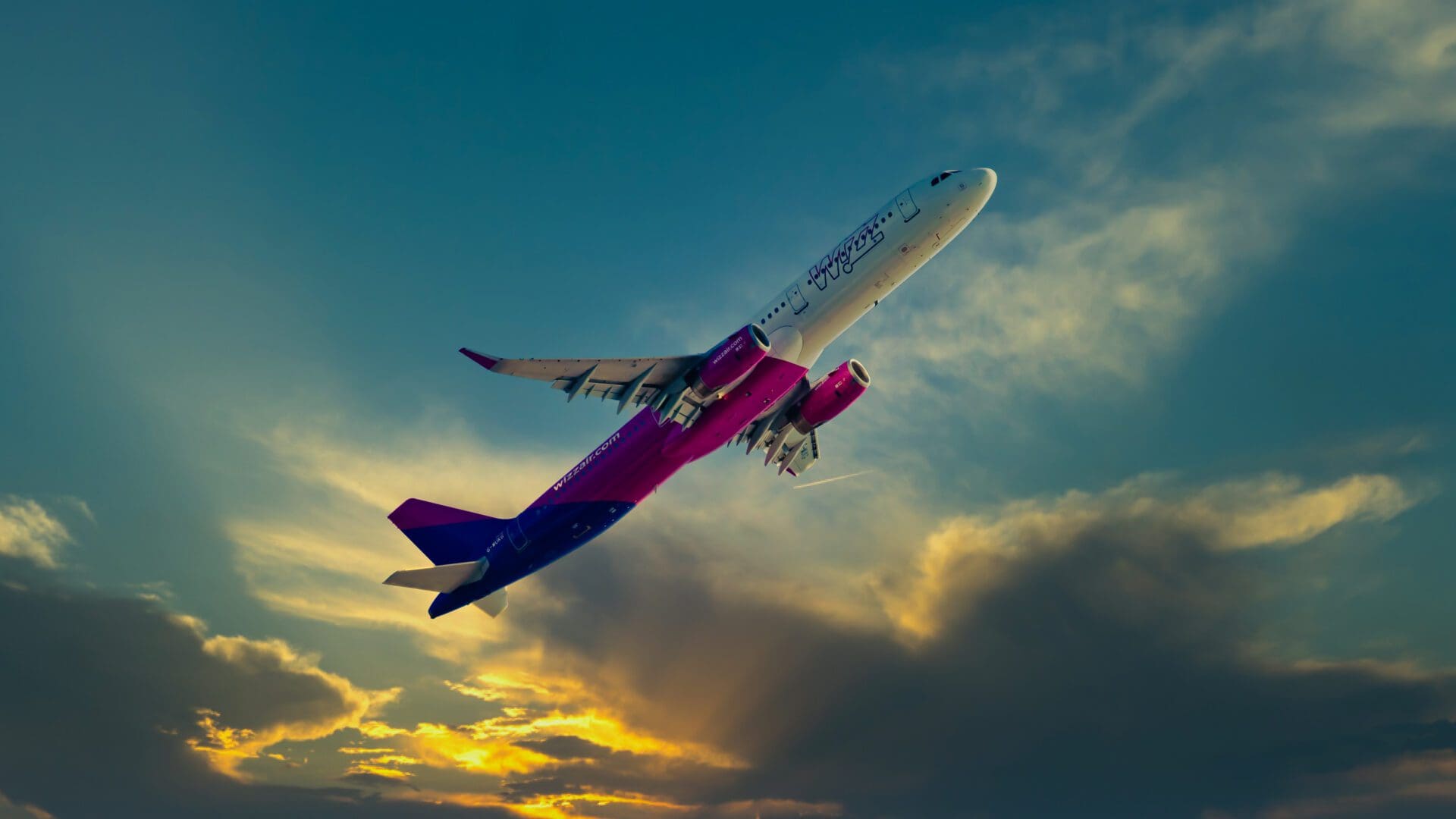Goals
Wizz Air is planning to triple the size of its fleet by the end of the decade. By acquiring 75 new A321neo planes, they have taken another step towards their ambitious goal. József Váradi, CEO of the airline said that these new aircrafts are environmentally beneficial as well. Their noise emission is reduced by 50, their fuel consumption by 20, and their nitrogen oxide emission by 50 per cent compared to other planes. He also added that the Airbus A321neo is a market-leading aircraft. This goal—combined with the fact that Wizz Air operates on an ultra-low cost model—will grant them a strong platform to build on. Their current fleet consists of 165 aircrafts with an average age of less than five years.
Actions
The company also offered free tickets for Ukrainian citizens fleeing from war-stricken territories. Currently, they are running this initiative from 15 September until 8 December. The offered tickets cover over 800 routes. Those eligible for travel will have to provide their Ukrainian passport number when they book the flight. The tickets include a carry-on bag; however, for additional baggage one would need to pay a fee.
József Váradi emphasized that Wizz Air is one of the most important airlines in Ukraine and he feels that the company is obligated to support the country and help alleviate the difficulties of their citizens. Similar assistance was provided to Ukrainian refugees by Wizz Air on 2 March, when they gave away 100,000 free tickets on flights within continental Europe from nations near Ukraine.
Surviving the Pandemic
Even though air travel seems to stabilize itself currently, in July every airport in the world faced massive problems as a result of travel restrictions caused by the pandemic. The issues were understood easily; however, their solution proved quite difficult. As lockdowns ended all around the world, many thought that they would start travelling in the summer, as they finally had a chance to go abroad. This caused such an overwhelming amount of travellers that airlines and airports sunk into chaos. As a result of the pandemic, many airports had to let a large amount of their ground staff go, since they could not afford paying their wages while no flights took off from the runways. As soon as lockdowns ended, they, of course, would have needed the fired staff back; however, they could not rehire, or hire new workers in their place in such a short amount of time. Stemming from this, airlines all over the world had to cancel many flights.
These problems naturally did not only affect airports, but airlines as well. With close to zero planes taking off every day, an airline could not afford staff in the same way as airports could not. Irish airline Ryanair struggled with staff shortages and cancelled planes during these times. However, their competitor, Hungarian Wizz Air seemed to fair rather well in the ominous circumstances caused by the pandemic. In July, their spokesperson said that they had no staffing issues, and the number of their workers was already exceeding the amount they had before the pandemic hit. They still faced minor problems at the time because of the issues at airports, especially in Budapest. He also added that they were in a favourable situation because they hired a massive amount of young workers before the pandemic started. Thus, they were able to keep most of them employed with fair wages. Because of their stability, during the chaos in July, Wizz Air flights taking off from Budapest Airport were considered one of the safest possibilities in Europe.
Damage Limitations
Because of hirings prior to the pandemic and their stability during the chaos after lockdowns ended, Wizz Air was able to focus more on expanding their fleet and generally look towards the future. Therefore, they were able to purchase these 75 new planes and are marching towards their 500 goal by the end of the decade.






